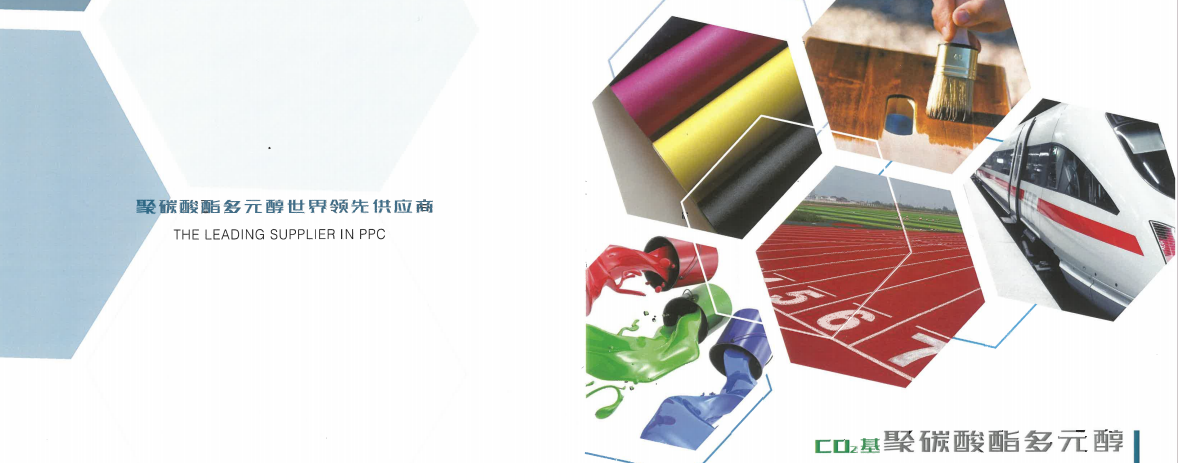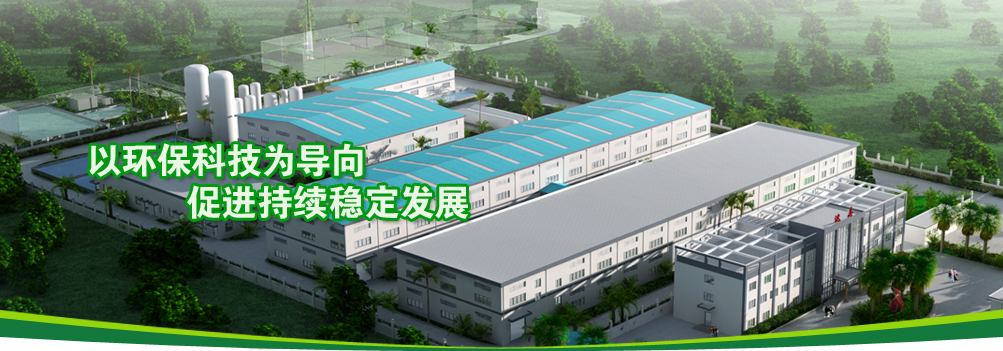
Prepare a batch of samples according to the aforementioned elastomer synthesis method, then shape them into a certain shape according to the national standard, put them in 70℃ water, hydrolyze them at constant temperature for 2-4 weeks, take them out, and dry them at 80℃ for 24 hours to test their performance.
Table Comparison of tensile strength retention rate of polypropylene carbonate type, polyether type and polyester polyurethane elastomer
Project | 0 Week | 2 Week | 3 Week | 4 Week |
Polypropylene carbonate type | 100 | 96.84 | 98.1 | 98.63 |
Polybutylene adipate | 100 | 100.51 | 87.87 | 65.36 |
Polyether type | 100 | 95.93 | 98.89 | 92.96 |
Table: Comparison of tear strength retention rate of polypropylene carbonate type, polyether type, and polyester polyurethane elastomer
Project | 0 Week | 2 Week | 3 Week | 4 Week |
Polypropylene carbonate type | 100 | 91.73 | 81.95 | 88.72 |
Polybutylene adipate | 100 | 92.04 | 79.39 | 76.81 |
Polyether type | 100 | 98.63 | 94.2 | 98.3 |
Note: Polyester is butylene adipate with a molecular weight of 3000, polyether is N220, and polypropylene carbonate is a product with a molecular weight of 3000.
The test results show that with the extension of the hydrolysis time, the polyimide carbonate and polyether polyurethane elastomer basically do not undergo hydrolysis, and the tensile strength and tear strength basically do not change after 2-4 weeks of hydrolysis. With the extension of the hydrolysis time, the tensile strength and tear strength of the polyester polyurethane elastomer gradually increase. After 4 weeks, the tensile strength is only about 65% of the initial, and severe hydrolysis occurs.
惠州大亚湾达志精细化工有限公司




